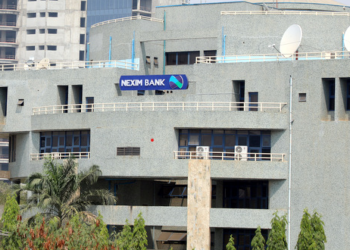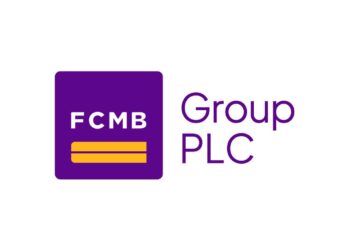On July 3rd, 2020, the Central Bank of Nigeria (CBN) once again debited many banks in Nigeria in line with its Cash Reserve Ratio (CRR) compliance requirement. This time around, about 14 banks were debited to the tune of N118 billion.
These banks are:
- Access Bank Plc: N3 billion
- Guaranty Trust Bank Plc: N15 billion
- First Bank of Nigeria Ltd: N12.4 billion
- Ecobank Nigeria: N7 billion
- Sterling Bank Plc: N5 billion
- Fidelity Bank Plc: N11 billion
- Union Bank of Nigeria Plc: N12.5 billion
- First City Monument Bank Ltd: N10 billion
- CitiBank Nigeria Ltd: N10.2 billion
- Stanbic IBTC Bank: N15 billion
- Zenith Bank Plc: N7 billion
- Wema Bank Plc: N3 billion
- Titan Trust Bank: N2.5 billion
- Rand Merchant Bank Nigeria Ltd: N4 billion
More details on these debits
These constant CRR debits, which typically herald the apex bank’s FX auctions as Nairametrics was made to understand, have served to significantly reduce liquidity in the system. An insider who informed Nairametrics about the latest debit said “the liquidity within the system is now very tight”. As a matter of fact, liquidity is now reportedly below N100 billion.
Apparently, the CBN is using these weekly CRR debits to mop up liquidity in the system. In other words, these debits help to prevent banks from coming to the FX auctions with lots of cash. Too much FX demands tend to put the apex bank under pressure.
Note that inasmuch as the CBN is trying hard to stabilise the FX markets, these constant debits have inevitably affected banks negatively by leaving them cash-strapped. Our source, who was quoted above, earlier complained about these ‘indiscriminate debits’ when he said:
“These are huge amounts that are leaving the banking sector. It’s a squeeze on the banks. A bank like First Bank, for instance, has about N1.4 trillion in CRR with the Central Bank. And there is Zenith Bank with equally as much as N1.5 trillion. These are monies that banks can potentially put in loans at 52% at 30%, or even put in money market instruments at maybe 10%. So, for a shareholder of these banks, this CRR debits are impairing the banks’ ability to increase their earnings because now are not able to use the funds that are legitimately theirs to create money for their shareholders. And the question is that under what framework is the Central Bank choosing to take people’s money?”
Banks’ stakeholders have also collectively complained
Meanwhile, bank stakeholders have also collectively complained about these incessant CRR debits by the Central Bank of Nigeria. As Nairametrics reported yesterday, the negative impacts of CBN’s constant CRR debits were among some of the issues raised by banks’ stakeholders during Standard Chartered Bank’s 2020 Africa Investor’s Conference.
It is important to point out that many banks in the country, including the likes of First Bank, now have billions of their customers’ debits sterilised for the sake of CRR compliance.
Understanding CRR
The cash reserve requirement is the minimum amount banks are expected to leave retained with the Central Bank of Nigeria from customer deposits. In January, the CRR was increased by 5% to 27.5% by the CBN Monetary Policy Committee (MPC) who explained that the decision was intended to address monetary-induced inflation whilst retaining the benefits from the CBN’s LDR policy.






















